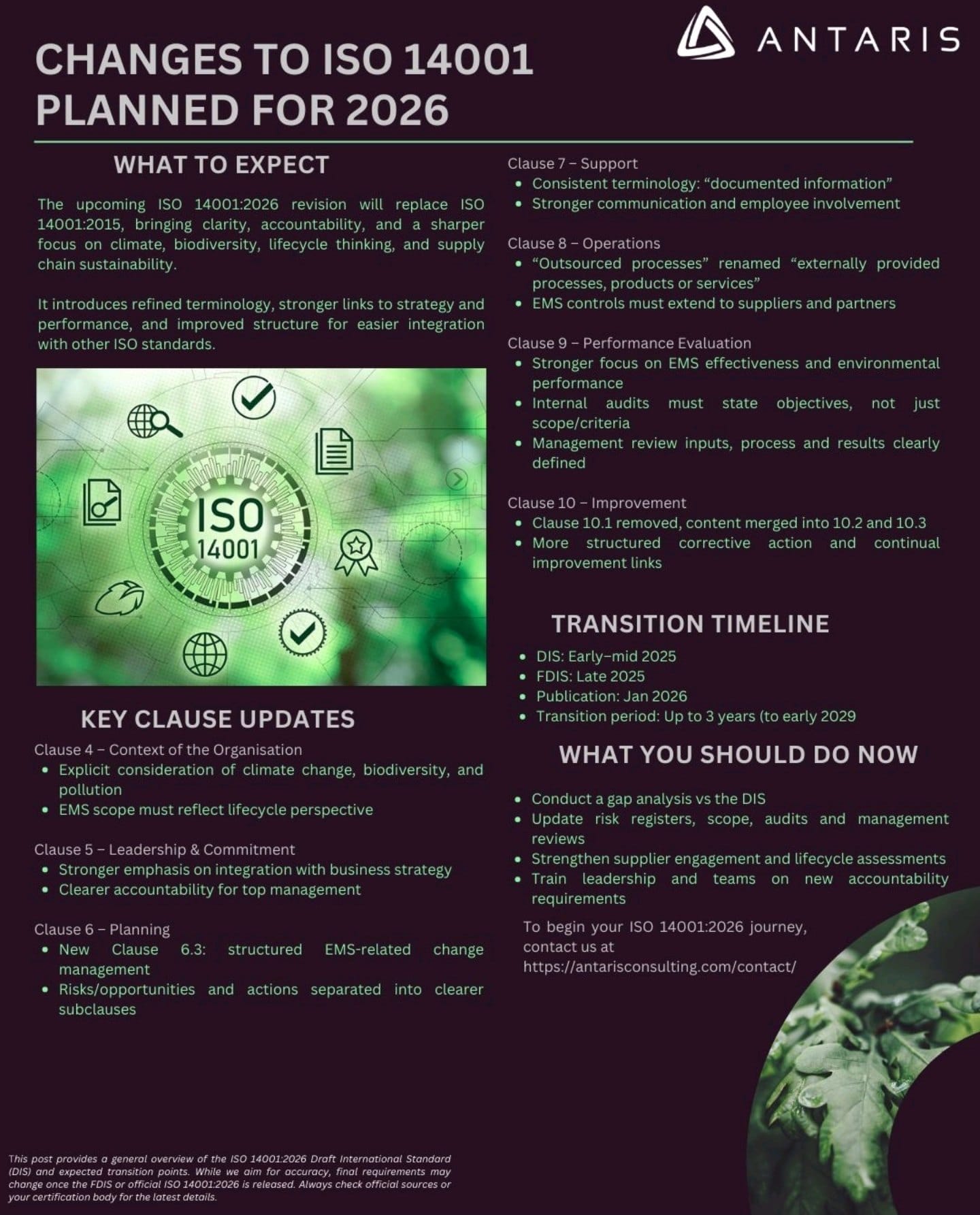Education system is the core to the country development as I observe from my experience in developed and developing countries. As baby learns a lot from the first home and parents, a human is prepared step-by-step from early childhood to adulthood. The educational institutions take imperative part in shaping their minds, sets of skills, and identifying one’s hobbies and personal strengths. Thus, I am happy to learn more about international management system standards about education policy and the overall management of educational institutions.
In this regard, ISO has published several standards on education management. ISO 21001:2018 is a key standard named ‘Management systems for educational organizations’. It helps institutions to review their curriculum and improve to meet the standard requirements in four areas:
1. Better alignment of objectives and activities with policy;
2. Enhanced social responsibility by providing inclusive and equitable quality education for all;
3. More personalized learning and effective response to all learners and particularly to learners with special education needs, distance learners and lifelong learning opportunities;
4.Consistent processes and evaluation tools to demonstrate and increase effectiveness and efficiency.
ISO 21001 focuses on the satisfaction of learners and other beneficiaries, government, labor market, parents and guardians. In this terms, it is similar to ISO 9001 for quality management system where the focus is on customer satisfaction.
The standard entails better management principles:
– Ethical conduct in education
– Data security and protection
– Accessibility and equity
– Relationship management
– Engagement of people
– Social responsibility
– Focus on learners
– Visionary leadership
– Process approach
– Evidence based decisions
– Improvement.
These principles are useful to determine the right things to be done and why. In some cases, the more an organization deals with prescribed requirements, the more they become immersed in details and lose sight of the overall objectives. Thus, this standards introduces important principles and minimum requirements to institutions which serve as the guide to keep on right track and can lead to performance improvement.
We need to know basics about education standards:
There is an International Standard Classification of Education (ISCED) 2011 which was approved by UNESCO member states. It is meant to serve as a framework which classifies educational activities as defined in programs and resulting qualifications into internationally recognized categories. Educational programs are classified by their content (levels of education and fields of education).
Also, there is Bologna Process which is considered as a collective effort of universities, teachers, and the European Commission and other relevant stakeholders. It focuses on three main points:
1. The three cycle system of Bachelor, Master, and Doctorate degrees
2. Raising and strengthening the quality of education
3. Facilitating the qualifications recognition process and their respective periods of study.
It also pays attention into efforts to modernizing the education/training systems in order to better meet the needs of the job market.
The following standards also apply to suit more specific needs of educational organizations:
I hope we can learn more about these standards and get idea for further improvement in the educational sector. It might be beneficial for those who define policies in countries as well as to those who run educational services.

